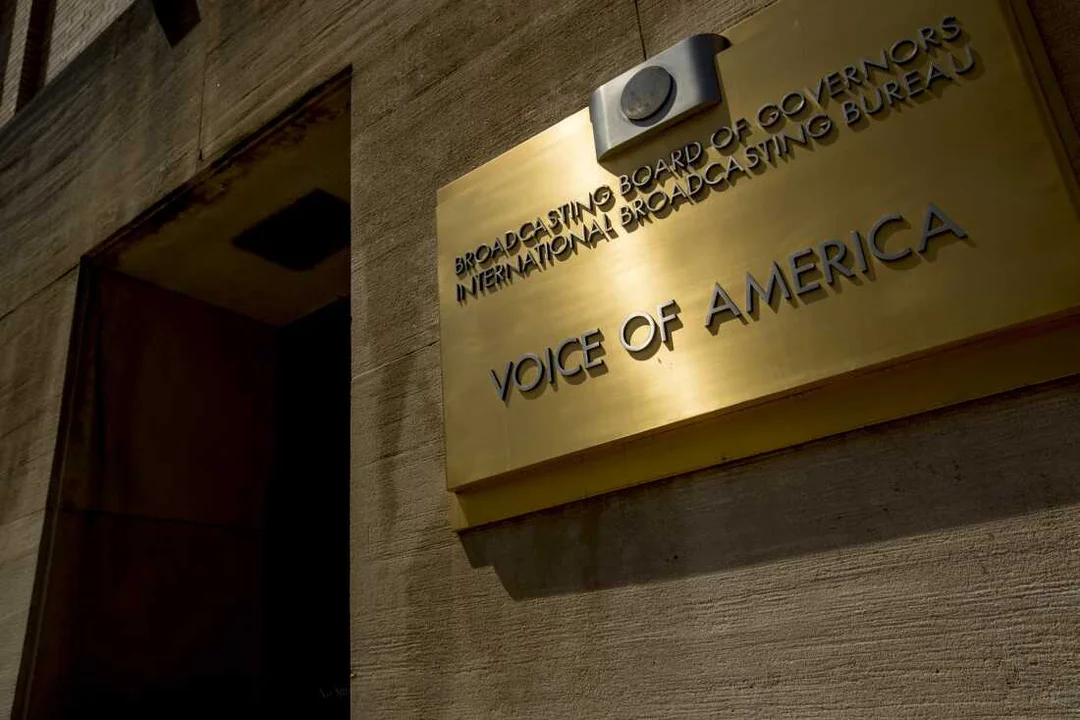
Can the Voice of America Survive the Trump Administration’s Cuts? A Court Ruling Says Yes
In a landmark decision this week, a federal judge intervened to protect the operations of Voice of America (VOA) and other government-funded media outlets from the Trump administration's attempts to dismantle them. U.S. District Judge Royce Lamberth's ruling not only reinstates funding but demands the immediate return of over 1,300 employees who had been placed on administrative leave. The implications of this ruling are significant, not only for the future of VOA but also for the broader landscape of independent journalism in the United States.

For those unfamiliar with VOA's importance, it has served as a beacon of free speech since its inception during World War II, providing reliable news to countries where access to the press is restricted. The Trump administration's actions, characterized by Judge Lamberth as arbitrary and capricious, were framed as an attempt to silence a voice that has historically served as a counterpoint to totalitarian propaganda. The judge emphatically stated that the administration's move to halt operations was unprecedented in the organization's 80-year history.
As tensions mounted, the justification from Trump administration officials highlighted claims of a "leftist bias" within VOA and its parent organization, the U.S. Agency for Global Media (USAGM). The conservative narrative painted these outlets as tools of anti-Trump sentiment. The government had cut funding abruptly, leading to the cessation of news updates and leaving many international radio stations reliant on VOA programming in the dark.
In the courtroom, the life of these services was vividly illustrated. Lamberth noted how "radio stations abroad that rely on VOA's programming have either gone dark or air only music." This not only affects job security for reporters and journalists but also denies vital information to global audiences who depend on these broadcasts for an unbiased perspective.
While the ruling marks a crucial victory for proponents of press freedom, it is important to consider that challenges remain. The Trump administration may appeal the decision, and the broader struggle for independence in government-funded media continues. Voice of America is not alone; other networks under the USAGM umbrella, such as Radio Free Asia, have also been caught in the crosshairs of political maneuvering.
As the situation develops, many journalists involved in the lawsuits, like VOA's Patsy Widakuswara, express cautious optimism. Widakuswara stressed the importance of continuing the fight for independence and transparency in reporting that the American public and the world deserve.
Ultimately, this legal confrontation raises essential questions about the role of government media in a democracy. Can these entities maintain editorial independence and be effective instruments of soft power without falling prey to political whims? The answer could define the future of how America communicates with the world.
How do you feel about the government's role in funding independent journalism? Share your thoughts in the comments below.